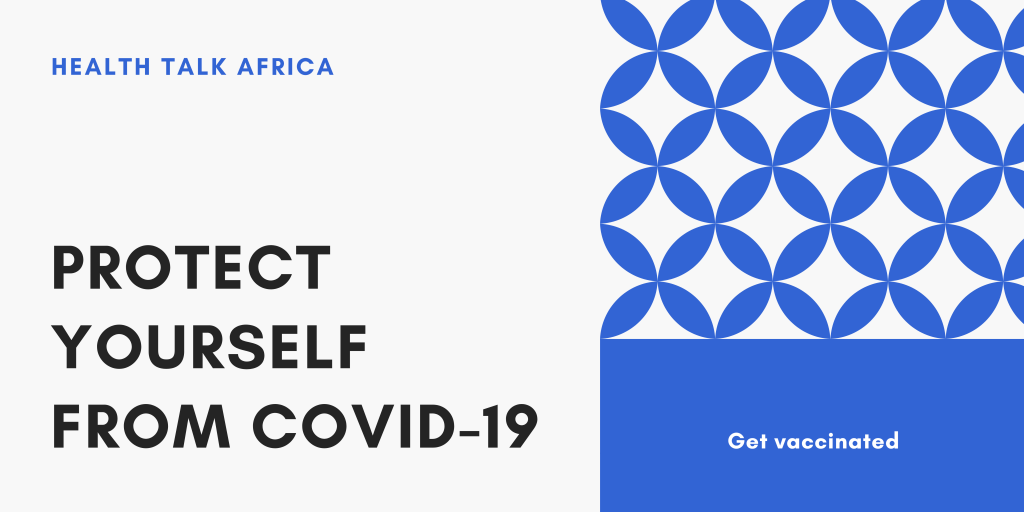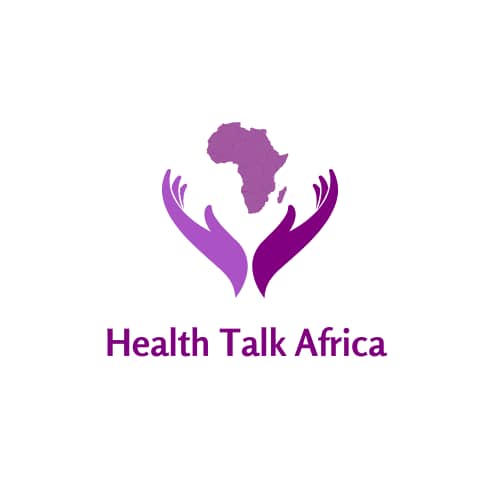COVID-19 has been plaguing the world since it was first identified in Wuhan, China in 2019. The estimated number of deaths globally from COVID-19 stands at 6,356,812 according to World Health Organization.
It is therefore necessary for you to protect yourself and prevent COVID-19 spread. Getting vaccinated is one of the most important things you can do to protect yourself against COVID-19, help end the pandemic and stop new variants emerging. Safe and effective vaccines are available that provide strong protection against serious illness, hospitalization and death from COVID-19 particularly in the elderly ones.

Take all COVID-19 vaccine doses recommended to you by your health body, including a booster dose if recommended. It’s still possible to get COVID-19 and spread it to others after being vaccinated, so continue to do everything you can to keep yourself and others healthy. If you do get COVID-19 after vaccination, you are more likely to have mild or no symptoms than if you hadn’t been vaccinated.
As of 8 April 2022, the World Health Organization (WHO) evaluated the following vaccines against COVID-19 to have met the necessary criteria for safety and efficacy:
- AstraZeneca/Oxford vaccine
- Johnson and Johnson
- Moderna
- Pfizer/BionTech
- Sinopharm
- Sinovac
- COVAXIN
- Covovax
- Nuvaxovid
- CanSino
Protect yourself and those around you:
- Get vaccinated as soon as it’s your turn and follow local guidance on vaccination.
- Keep physical distance of at least 1 metre from others, even if they don’t appear to be sick. Avoid crowds and close contact.
- Wear a properly fitted mask when physical distancing is not possible and in poorly ventilated areas.
- Wash your hands frequently with soap and running water.
- Apply an alcohol-based hand sanitizer to your hands frequently.
- While sneezing or coughing, cover your mouth and nose with a bent elbow or tissue. Dispose of used tissues immediately and clean hands regularly.
- Clean and disinfect surfaces frequently, especially those which are regularly touched, such as door handles, faucets and phone screens.
- If you develop symptoms or test positive for COVID-19, self-isolate until you recover.
The risks of getting COVID-19 are higher in crowded and inadequately ventilated spaces where infected people spend long periods of time together in close proximity.
You should therefore:
- Avoid the 3Cs: spaces that are closed, crowded or involve close contact.
- Meet people outside. Outdoor gatherings are safer than indoor ones, particularly if indoor spaces are small and without outdoor air coming in.
- If you can’t avoid crowded or indoor settings, take these precautions:
- Open a window to increase the amount of natural ventilation when indoors.
- Wear a mask (details above).
What to do if you feel unwell
If you feel unwell, here’s what to do.
- If you have a fever, cough and difficulty in breathing, seek medical attention immediately.
- Stay home and self-isolate for 10 days from symptom onset, plus three days after symptoms cease. Call your health care provider or hotline for advice. Have someone bring you supplies. If you need to leave your house or have someone near you, wear a properly fitted mask to avoid infecting others.
- Keep up to date on the latest information from trusted sources, such as WHO or your local and national health authorities. Local and national authorities and public health units are best placed to advise on what people in your area should be doing to protect themselves.
Prevention
To prevent infection and to slow transmission of COVID-19, do the following:
- Get vaccinated when a vaccine is available to you.
- Stay at least 1 metre apart from others, even if they don’t appear to be sick.
- Wear a properly fitted mask when physical distancing is not possible or when in poorly ventilated settings.
- Choose open, well-ventilated spaces over closed ones. Open a window if indoors.
- Wash your hands regularly with soap and water or clean them with alcohol-based hand rub.
- Cover your mouth and nose when coughing or sneezing.
- If you feel unwell, stay home and self-isolate until you recover.
Symptoms
COVID-19 affects different people in different ways. Most infected people will develop mild to moderate illness and recover without hospitalization.
- Most common symptoms include: fever, cough, fatigue, loss of taste or smell.
- Less common symptoms include: sore throat, headache, diarrhea, skin rash(es), discoloration of fingers or toes, irritated eyes.
- Serious symptoms include: difficulty in breathing/shortness of breath, loss of speech, chest pains.
On average it takes 5–6 days from when someone is infected with the virus for symptoms to show, however it can take up to 14 days.
Stay aware of the latest COVID-19 information by regularly checking updates from WHO in addition to national and local public health authorities.
